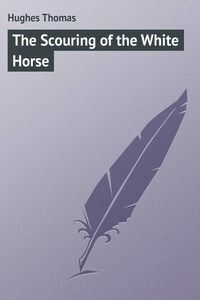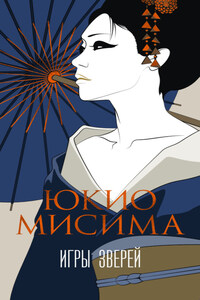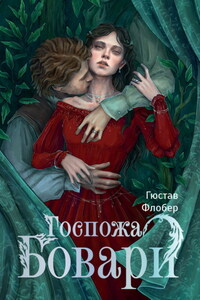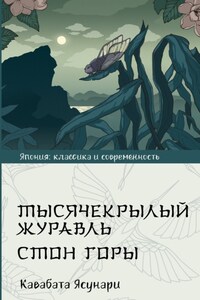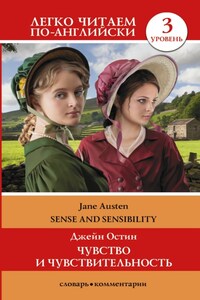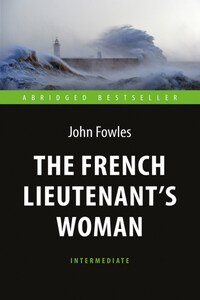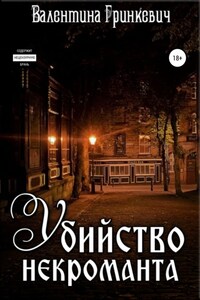The great success of the festival (or “pastime,” as it is called in the neighbourhood) which was held on White Horse Hill on the 17th and 18th of September, 1857, to celebrate the “Scouring of the Horse,” according to immemorial custom, led the Committee of Management to think that our fellow-county-men at least, if not our countrymen generally, would be glad to have some little printed memorial, which should comprise not only an account of the doings on the Hill on the late occasion, but should also endeavour to gather up the scattered legends and traditions of the country side, and any authentic historical notices relating to the old monument, of which we west-countrymen are all so fond and proud.
I had the good or ill luck (as the case may be) to be the only member of the Committee whose way of life had led him into the perilous paths of literature; so the task of compiling and editing our little book was laid on my shoulders.
Installed as chronicler to the White Horse, I entered with no ill will on my office, having been all my life possessed, as is the case with so many Englishmen, by intense local attachment, love for every stone and turf of the country where I was born and bred. But it is one thing to have zeal, and another to have discretion; and when I came to consider my materials, I found that the latter quality would be greatly needed. For, what were they? One short bright gleam of history from the writings of old monks a thousand years ago; traditions and dim legends, which I and most Berkshire men have always faithfully believed from our youth up, and shall go on believing to our dying day, but which we could hardly put before general readers in serious narrative; a dry notice here and there by some old antiquary of the seventeenth or eighteenth century; stories floating in the memories of old men still living; small broad-sheets from country town presses, with lists of the competitors for prizes at rustic games, newspaper articles, remarks by Committee-men and umpires, scraps of antiquarian lore; abuse of the Great Western Railway for not allowing the trains to stop, bits of vernacular dialogue, and odd rhymes. What could be done with them all? How out of the mass could a shapely book be called out, fit to be laid before a fastidious British public, not born in Berkshire?
Not exactly seeing how this was to be done, the only honest course which remained, was to follow the example of a good housewife in the composition of that excellent food called “stir-about” – throw them altogether into the pot, stir them round and round with a great spoon, and trust that the look of the few great raisins, and the flavour of the allspice, may leaven the mass, and make it pleasing to the eye and palate; and so, though the stir-about will never stand up in a china dish by itself, it may, we hope, make a savoury and pleasant side dish, in a common soup tureen.
The raisins, and those of the best quality, have been furnished by the great artist1 who has kindly undertaken to give us pictures; the allspice has been contributed by the Committee and other kind friends, and I have done the milk and meal, and the stirring. The responsibility therefore rests with me, though the credit, whatever it may be, rests with others. But let me insist here, at once, that if there be any failure in the dish, it is the fault of the dresser and not of the subject-matter.
For, suppose an intelligent Englishman to be travelling in France, and to find the whole population in the neighbourhood of Tours turning out in their best clothes for a two days’ holiday on a high hill, upon which the rude figure of a huge hammer is roughly sculptured. On inquiry, he finds that the figure has been there long before the memory of the oldest man living, but that it has always been carefully preserved and kept fresh; and although there is no printed history of how it came there, yet that all neighbouring men, of whatever degree, associate it with the name of Charles Martel and his great victory over the Saracens, and are ready one and all to rejoice over it, and to work and pay that it may go down to their children looking as it does now. Or, to come to much later times, let our traveller find an eagle cut out on a hill in Hungary, similarly honoured, and associated with the name of Eugene, and the memory of the day
“When, the old black eagle flying,
All the Paynim powers defying,
On we marched, and stormed Belgrade.”
Should we not all thank him for giving us the best account he could of the figure, the festival, and all traditions connected with them; and think he had fallen on a very noteworthy matter, and well worth the telling when he got back to England?
